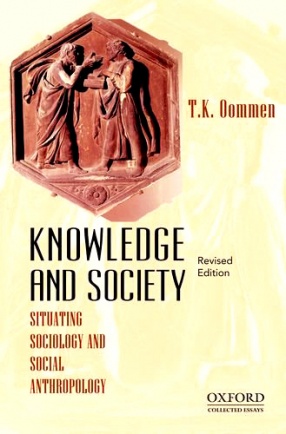
Showing all 5 books
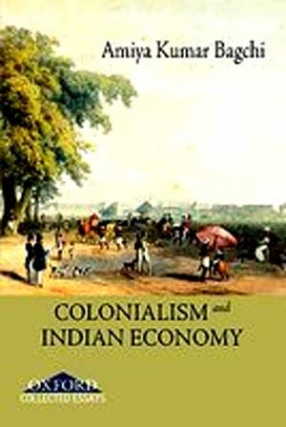

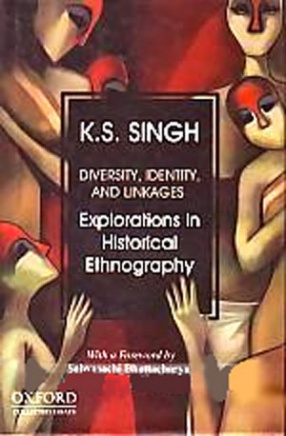
Straddling myriad worlds, this book looks beyond the anthropological adding a historical dimension to the groundbreaking People of India project. What results is an exploration into diversities—biological, ecological, linguistic, and ethnic—and affi nities among different communities in India.
The first few essays discuss indigenous traditions of ethnography as well as the ethnography of indigenous traditions. Looking at texts like the Mahabharata, ...
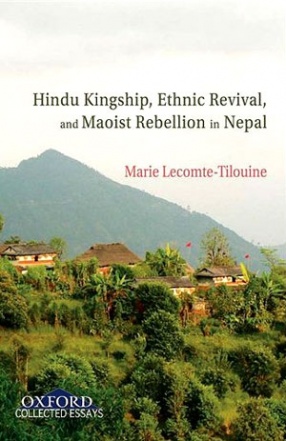
This volume discusses issues of tribal identity and the Maoist rebellion in the face of Hindu kingship and caste organization. The 1990s witnessed the rise of two successive but interrelated movements that transformed society-ethnic revivalism and the Maoist rebellion. The author, who lived for some months in central Nepal before the emergence of these movements, studied a multi-caste and a multi-ethnic village community. The site of the author's fieldwork is ...

This volume examines the economic and social consequences of colonial rule in India. It covers several aspects of economy like gross domestic product, regional growth, de-industrialization, relations between agriculture and economy, demographic changes, land tax and property rights, market relations and bondage, and notions of authority. It explores the mechanisms that generated and sustained resource flow catapulting Britain and other capitalist countries to ...
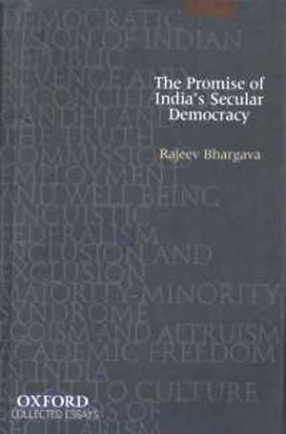
In the nineteenth and early twentieth century, India developed a potentially inclusive, contextually sensitive secular-democratic vision of collective emancipation. This vision is secular because it opposes domination within and between religions, and democratic because it fosters equality of status and political equality. Beset over the years both by extreme Right and Left, this vision has survived into the twenty-first century. But Bhargava believes that it ...
